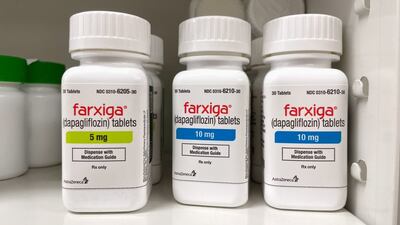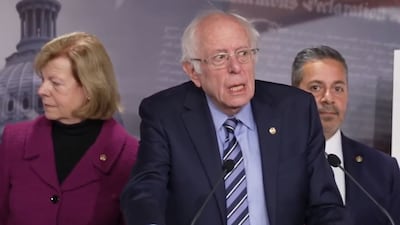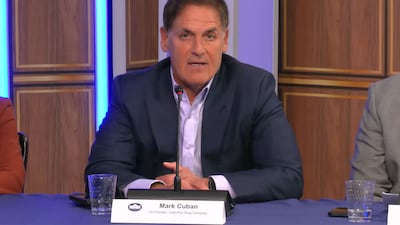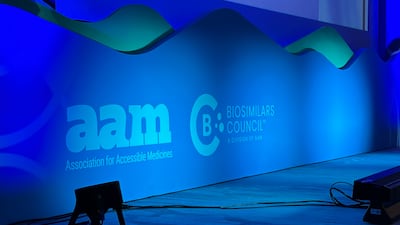
Medicaid

The US Medicaid agency will not require diagnostic codes on prescriptions any time soon after hearing “overwhelming” opposition from stakeholders.

HRSA threatens nuclear option and Johnson & Johnson suspends its 340B rebate model. But the company also ‘reserves all of its legal rights with respect to this matter.’

The move is positive for manufacturers and follows the agency’s decision to drop another contentious proposal that would have ‘stacked’ drug discounts when calculating Medicaid best prices.

Congressional Budget Office responses to questions from US lawmakers on pharmacy benefit managers could add to the momentum for PBM reforms to go further than the current leading proposals.

Vertex’s fertility preservation assistance program would provide up to $70,000 in financial support for in vitro fertilization and other services to patients prescribed Casgevy.

The agency says it will collect additional information from manufacturers on methods for adding up price concessions from the supply chain before moving ahead.

The authorized generic also could mitigate the impact of eliminating the cap on Medicaid price inflation rebates, which went into effect in January.

Sandoz argued against paying higher rebates for two of its drugs via the Centers for Medicare and Medicaid Services’ Medicaid drug rebate program in a US court six years after the suggestion was first made.

Various government and private payer initiatives are good steps forward, but lack coordination. Payers continue to face perverse incentives to use high-cost drugs because of rebates in 340B, while providers don’t have enough incentives to use cost-saving clinical decision tools.

Changes to inhaler pricing may be more ‘business as usual’ for the drug industry than the Vermont senator wants to let on. FTC, meanwhile, is keeping the patent pressure on Teva, the only inhaler manufacturer to not act following Sanders’ investigation.

The manufacturer requirement, which invokes CMMI’s safe harbor authority, could help overcome some barriers to access that the companies are facing in Medicaid outside of the demonstration.

The well-known businessman and TV personality told the White House that the US needs to ‘stop doing business with the big three PBMs,’ helping to fight the drug industry’s battle against the middlemen with a friendlier face not associated directly with the brand industry.

As further details emerge, questions continue about whether the CMMI model could delay access to Lyfgenia and Casgevy; states will be added on ‘rolling basis.’ A new administration could change or cancel the model, but a CMS official predicts that is unlikely.

Lilly wants White House Office of Management and Budget to delay final rule until there are regulatory controls against duplicate and diverted discounts. OMB has also held three meetings over past few months with organizations representing 340B providers.

US FDA’s recently retired Cell and Gene Therapy leader said when CMS engaged with him it was often due to ‘ambiguities’ in drug labels that made it harder for the payer to make its coverage decision. Can earlier discussions smooth Medicare and private-market coverage?

As Hatch-Waxman celebrates its 40th anniversary, the chair of the US generic trade association talks about striking the right balance on supply and pricing, preventing shortages, and improving Medicare price negotiations.

Some states are adding more ‘muscular attributes’ to their Rx boards, such as setting upper limits based on the pending Medicare prices, but federal ERISA legislation still limits the boards’ impact.

Separate, and higher, payments outside the bundle means manufacturers will owe Medicaid rebates, and that is OK, Alliance for Regenerative Medicine tells Sen. Cassidy. But manufacturers want assurances they won't be liable for rebates on treatments included in bundled payments.

Outcomes-based contract that federal government will negotiate with manufacturers on behalf of Medicaid programs might not be appealing to large states. Bluebird and Vertex can apply to the demonstration project this spring and negotiations would follow between May and November.

In year two, Humira biosimilar uptake – or the lack thereof – continues to build the case for policy reform to incentivize use of cheaper biologics in the outpatient setting.